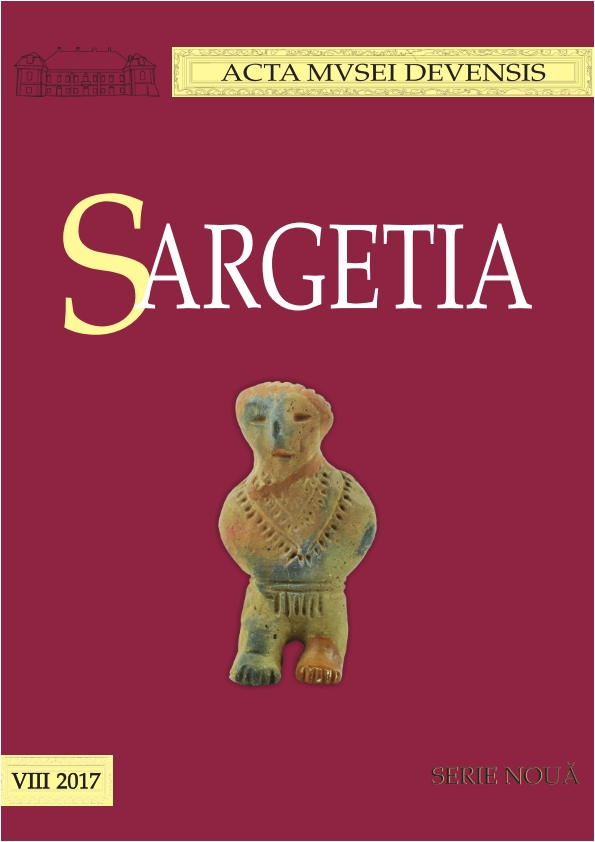Evoluţii funcţionale cu privire la cunoaşterea istoriei bibliotecilor pentru popor din Despărţământul Alba Iulia al Astrei între anii 1887-1946
Functional Developments Regarding the Knowledge of History of Libraries for the People in Alba Iulia Partition of Astra in 1887-1946
Author(s): Dragoş-Lucian CureleaSubject(s): History, Modern Age, Recent History (1900 till today), 19th Century, Pre-WW I & WW I (1900 -1919), Interwar Period (1920 - 1939), WW II and following years (1940 - 1949)
Published by: Editura Altip
Keywords: Libraries for the people; national consciousness; social emancipation; functional developments; Partitions of Astra
Summary/Abstract: The libraries for the people were destined, in the sense given to them by the Association, for the social class of Romanian peasants of Transylvania, but not only. These specific forms of cultural activity of the Association, were published in the last three decades of the 19th century. Clearly, these tools – libraries for active people – were an integral part of the cultural policy of the Association, through which the Romanian Transylvanian political and cultural elite forum implemented its program. The emergence of libraries was closely linked to literacy, so that they could be visited and their volumes made accessible to a large and diverse readership. In the 19th century national states Europe, the establishment of libraries was the result of an extensive state program that was to result in the creation of networks of libraries for the people.The foundation of these specific tools as a result of a successful cultural policy with a great impact is demonstrated by the interest that the editors of Transylvania Magazine, supported by the Central Committee of the Association, shown in their desire to advertise for it in 1870. At that time, the official newspaper of the Association, brought to the attention of its readers the importance of the library as a cultural vector in forming national consciousness and social behavior. Transylvania presented in its pages important libraries that existed in Austria-Hungary, but also in other European countries such as: Belgium, France, Italy, Russia and the UK. Their equipment was highlighted, the number of books per capita was reported, as well as their role in the formal process of training and educating the public, especially in the social emancipation and the formation of national consciousness (Fig. 1). And the libraries for the people, set up by the Association through the work of its members in the Alba Iulia Partition of Astra, have been constant and continuous empowering premises since 1870 for the Romanians of Alba Iulia. The library is in our view the space par excellence where ideas aimed both at social emancipation, on the one hand, and the formation of the national consciousness of Romanians in Transylvania, on the other hand.
Journal: Sargetia. Acta Musei Devensis
- Issue Year: 2017
- Issue No: 8
- Page Range: 403-426
- Page Count: 24
- Language: Romanian

